|
by Olivia Knight, MAS Olivia is a Case Manager in the Juntos para Jóvenes Project, where she connects immigrant youth in Montgomery County with social services. Over the past six months that I have worked at Project Libertad, I have witnessed no less than six instances of barriers to medical care experienced by my clients. In some cases, these barriers were among those common and familiar to the entire immigrant community: a few examples include financial limitations, lack of insurance, language struggles, and health literacy. But one barrier has stood out as uniquely troublesome for newcomer immigrant youth who are unaccompanied. The experience of being a minor without a legal caregiver trying to navigate a complex web of private health systems, nonprofit clinics, confusing confidentiality laws, and rules about who can bring a minor to the hospital makes it–at times–impossible for our clients to receive medical care. It is so important to the Pennsylvania government for children to receive healthcare that all citizen children who aren’t already on their parents’ insurance plans are eligible for Medical Assistance or the Children’s Health Insurance Program (CHIP). But the reality is much harsher for unaccompanied children. Not only can they not qualify for health insurance until they have a pending legal case; they also cannot present at a doctor’s office or the emergency room without an adult caregiver. Because unaccompanied children have, by definition, arrived in the United States without their parents, they are often placed with a family member or adult family friend. These caregivers are designated by the Office of Refugee Resettlement, but they have no legal standing with medical establishments. This inability of the medical system to incorporate unaccompanied children is the reason I have received phone calls from doctors’ offices asking me if my clients’ caregivers were really relatives or friends. It is the reason my client could not be seen for a serious medical issue without an accompanying parent. And it is the reason I was told I could be reported by emergency room staff last fall for bringing my client there. The New York Times recently reported on the increasing number of unaccompanied children working in dangerous roles in violation of child labor laws. If we are incorporating newcomer immigrant youth into the workplace, we need to figure out how to incorporate them into healthcare settings. The burden should not fall on the children themselves.
0 Comments
Teamwork Makes The Dream Work: Why Collaboration is Crucial for SUpporting Immigrant Youth4/27/2023 by Rachel Rutter, Esq. and Olivia Knight, MAS Rachel met a client we’ll call Maria in the summer of 2021, when one of her teachers referred her to Project Libertad for immigration legal services.
At the time, the legal case seemed straightforward: Maria was eligible for something called Special Immigrant Juvenile Status (SIJS). SIJS is a path to legal immigration status for children who have been abused, abandoned, or neglected by a parent. To qualify for SIJS, a child must either be placed in someone’s legal custody or adjudicated dependent on the state (for example, placed in foster care). Generally speaking, the state court has to find and explicitly state the following in its order for the child to qualify for SIJS:
The next step in Maria’s case, then, was for Maria’s caregiver to obtain legal custody of her in family court. The path seemed simple and straightforward, but it turned out to be anything but. First, financial difficulties prevented Maria and her sister from moving forward with the custody process. In response, Rachel helped them to find a nonprofit organization to take the case. Next, that nonprofit organization unexpectedly dropped the case, because they were fearful of how the custody judge would respond to Maria’s poor grades and school attendance. The particular custody judge in this county refuses to sign custody orders for kids with poor grades or attendance. Educational system support is a big part of what Olivia strives to bring to her clients, not just because the youth Project Libertad works with often struggle in their English-only classes, but also because their academic performance in school can affect their legal cases in such a profound way. In custody court, the children’s grades and school attendance are closely examined, with the assumption that these records are a reflection of the caregivers’ dedication to education. This nuanced feature of the SIJS process in our area is one of the most poignant reasons why it is important for lawyers and case managers to work together. The clock was ticking, with just weeks left before the child’s 18th birthday, when she would age out of her opportunity to pursue SIJS. Rachel and Olivia worked tirelessly to find a lawyer who would take a chance on this deserving client. Most lawyers we approached were not interested in taking a case that seemed so dire. It was also a struggle to connect with the client and her caregiver and gain their buy-in, because they felt understandably discouraged and hopeless about their possibilities for winning a custody hearing. Finally, after several more rejections by attorneys and clinics, Rachel and Olivia found a local custody attorney who agreed this child was worth fighting for. Next, Rachel and Olivia worked with our partner organization Immigrant Psychology Network to give our client the best possible chance of success. Dr. Susanna Francies leapt into action on short notice to provide a psychological evaluation for the client. Dr. Francies was able to connect the client's prior trauma to her academic issues and connect her to mental health supports moving forward. Thanks to Dr. Francies and IPN, the judge was sympathetic to the plight of our client. All of these forces combined to result in the greatest possible outcome for our client: the judge signed the custody order, complete with all of the SIJS findings! Thanks to this teamwork -- a labor of love by lawyers, social workers, and mental health professionals working collaboratively -- our client will be able to apply for SIJS and remain lawfully in the United States. She will also have the mental health and social support needed to ensure her future health and happiness. |
AuthorSArchives
February 2024
Categories |
- Home
- About
- Donate
-
Programs
- Immigrant Children's Defense Project
- Know Your Rights Project
- Conexiones or Connections Therapy Program
- Legal-Mental Health Partnership
- Newcomer Support Programs
- RISE: Refugee and Immigrant Students Excelling
- Mentoring Program
- Juntos para Jóvenes: United for Youth
- Jóvenes Fuertes: Strong Youth
- Educator Trainings
- Adult ESL
- Scholarship
- Volunteer
- Media
- Contact
- Our Team

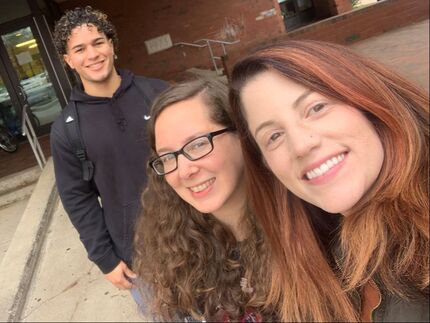
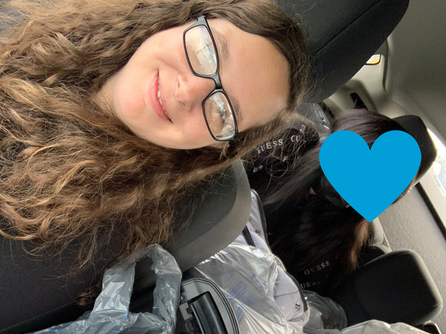
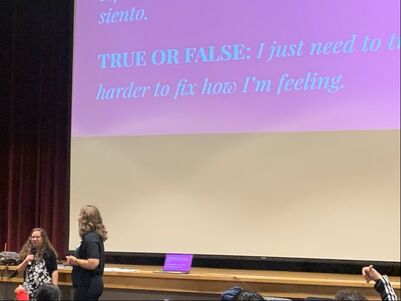
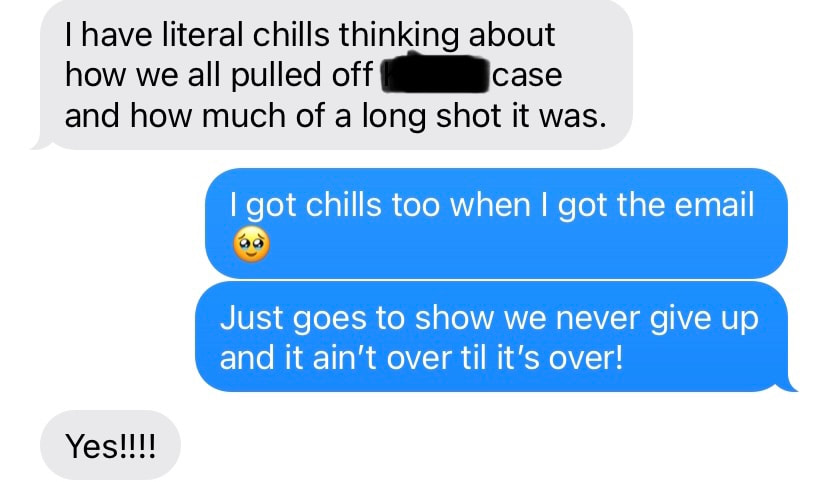
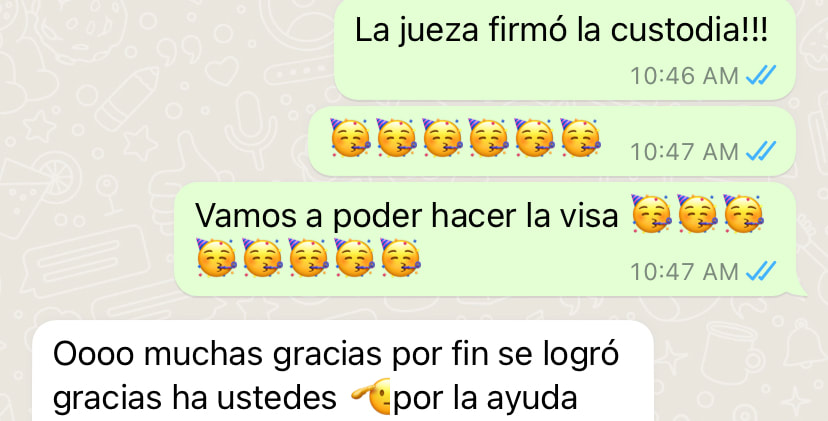
 RSS Feed
RSS Feed
